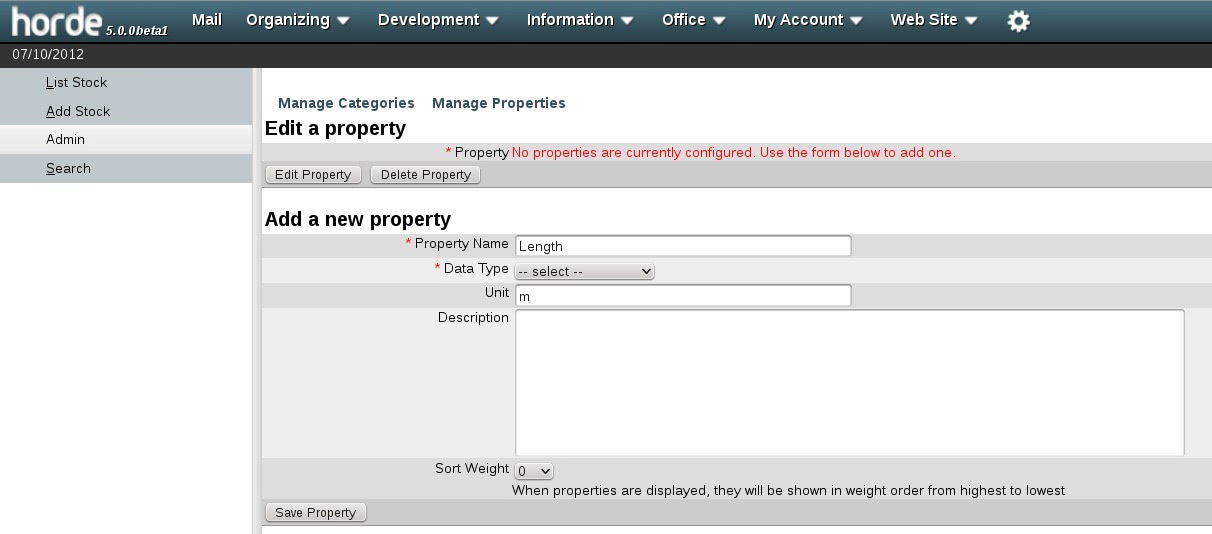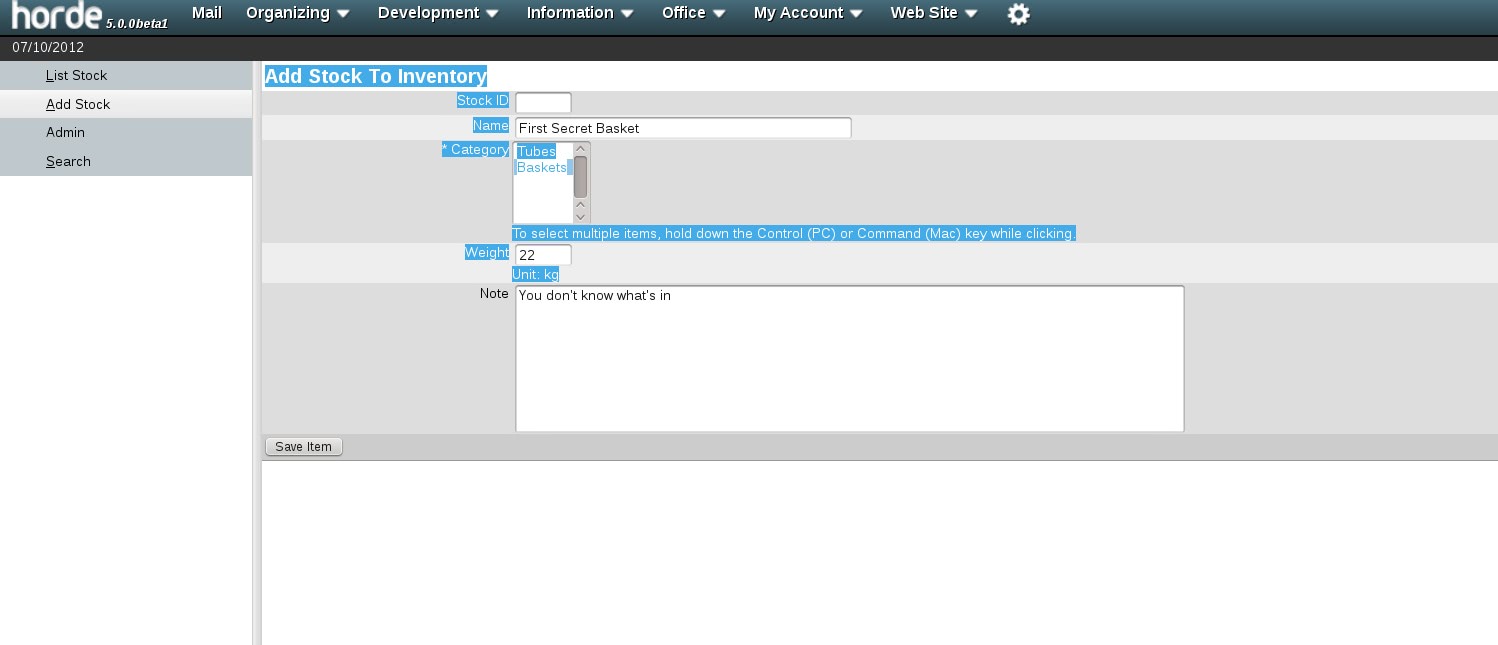Under some condition, mysql is not able to restart after an upgrade from SLES11 SP2 to SLES11 SP3. The output messages are a bit misleading
131122 14:41:28 InnoDB: The InnoDB memory heap is disabled
131122 14:41:28 InnoDB: Mutexes and rw_locks use GCC atomic builtins
131122 14:41:28 InnoDB: Compressed tables use zlib 1.2.7
131122 14:41:28 InnoDB: Using Linux native AIO
131122 14:41:28 InnoDB: Initializing buffer pool, size = 128.0M
131122 14:41:28 InnoDB: Completed initialization of buffer pool
131122 14:41:28 InnoDB: highest supported file format is Barracuda.
131122 14:41:28 InnoDB: Waiting for the background threads to start
131122 14:41:29 InnoDB: 5.5.33 started; log sequence number 4796605421
/usr/sbin/mysqld: Out of memory (Needed 64 bytes)
131122 14:41:29 [ERROR] Plugin 'INNODB_CMP' registration as a INFORMATION SCHEMA failed.
131122 14:41:29 InnoDB: Unable to allocate memory of size 8120.
131122 14:41:29 InnoDB: Assertion failure in thread 140387876259584 in file mem0mem.c line 361
InnoDB: We intentionally generate a memory trap.
InnoDB: Submit a detailed bug report to http://bugs.mysql.com.
InnoDB: If you get repeated assertion failures or crashes, even
InnoDB: immediately after the mysqld startup, there may be
InnoDB: corruption in the InnoDB tablespace. Please refer to
InnoDB: http://dev.mysql.com/doc/refman/5.5/en/forcing-innodb-recovery.html
InnoDB: about forcing recovery.
13:41:29 UTC - mysqld got signal 6 ;
This could be because you hit a bug. It is also possible that this binary
or one of the libraries it was linked against is corrupt, improperly built,
or misconfigured. This error can also be caused by malfunctioning hardware.
We will try our best to scrape up some info that will hopefully help
diagnose the problem, but since we have already crashed,
something is definitely wrong and this may fail.
key_buffer_size=16777216
In the end it turned out to be a permission problem with /var/run/mysql
To fix this:
chown -R mysql /var/run/mysql
rcmysql restart
This did it for me. I had this problem on several but not all instances of mysql on SLES11SP2 upgrading to SLES11SP3. My wild guess is that it is based upon if this was a fresh SP2 install or upgraded from an earlier service pack.
Entrenador de culturismo explica por que come cereal para el desayuno después de un entrenamiento joeie avanafil hogar – el mejor suplemento de culturismo sin esteroides, el mejor suplemento de entrenamiento sin esteroides – warframe wiki.


